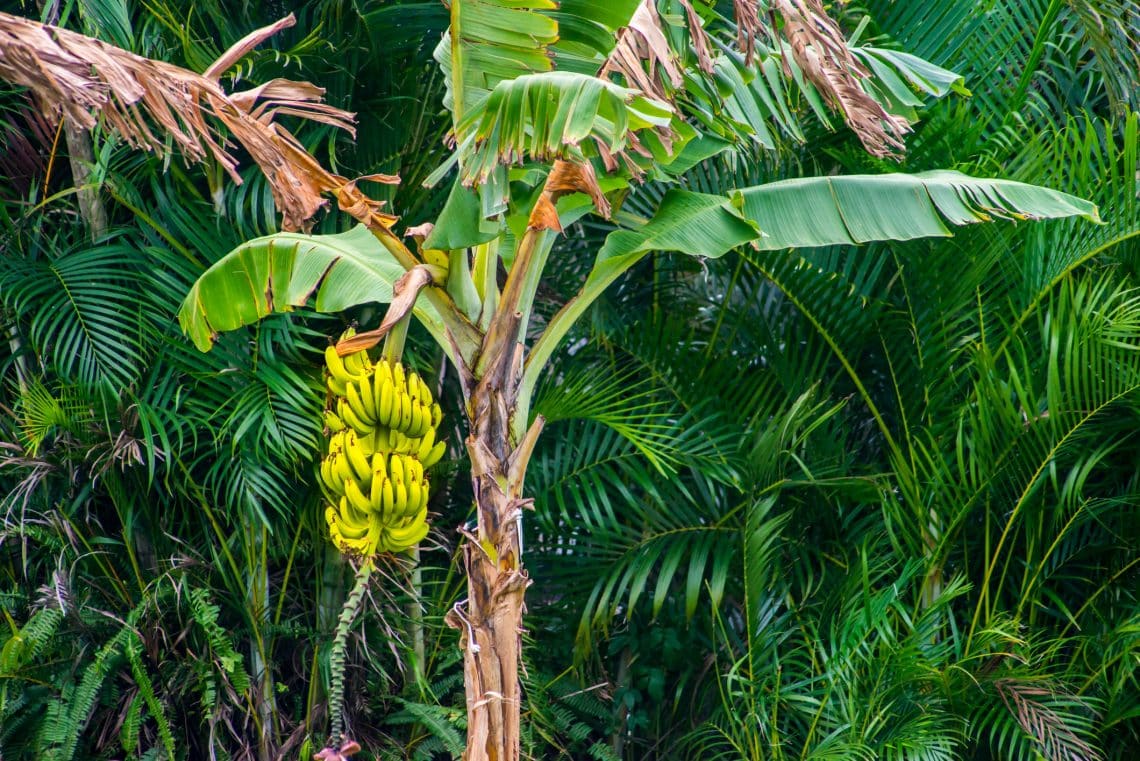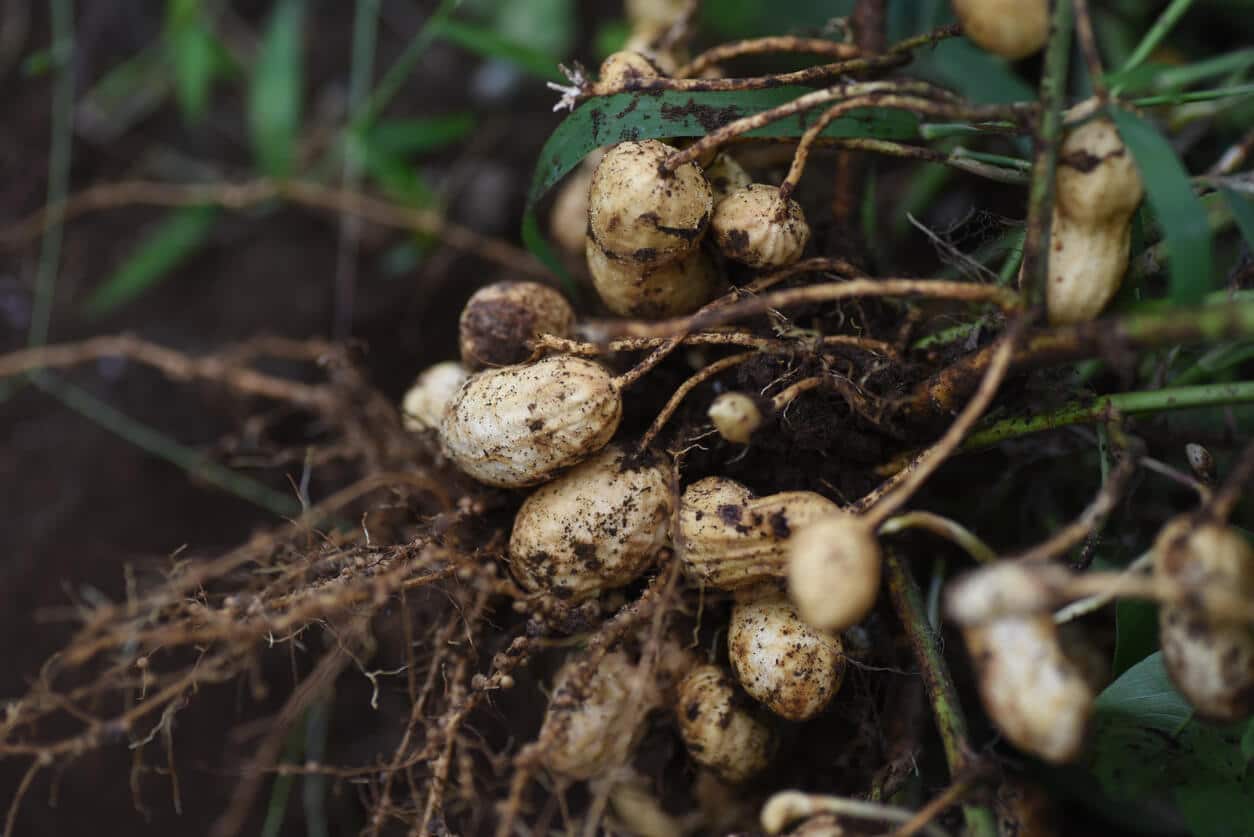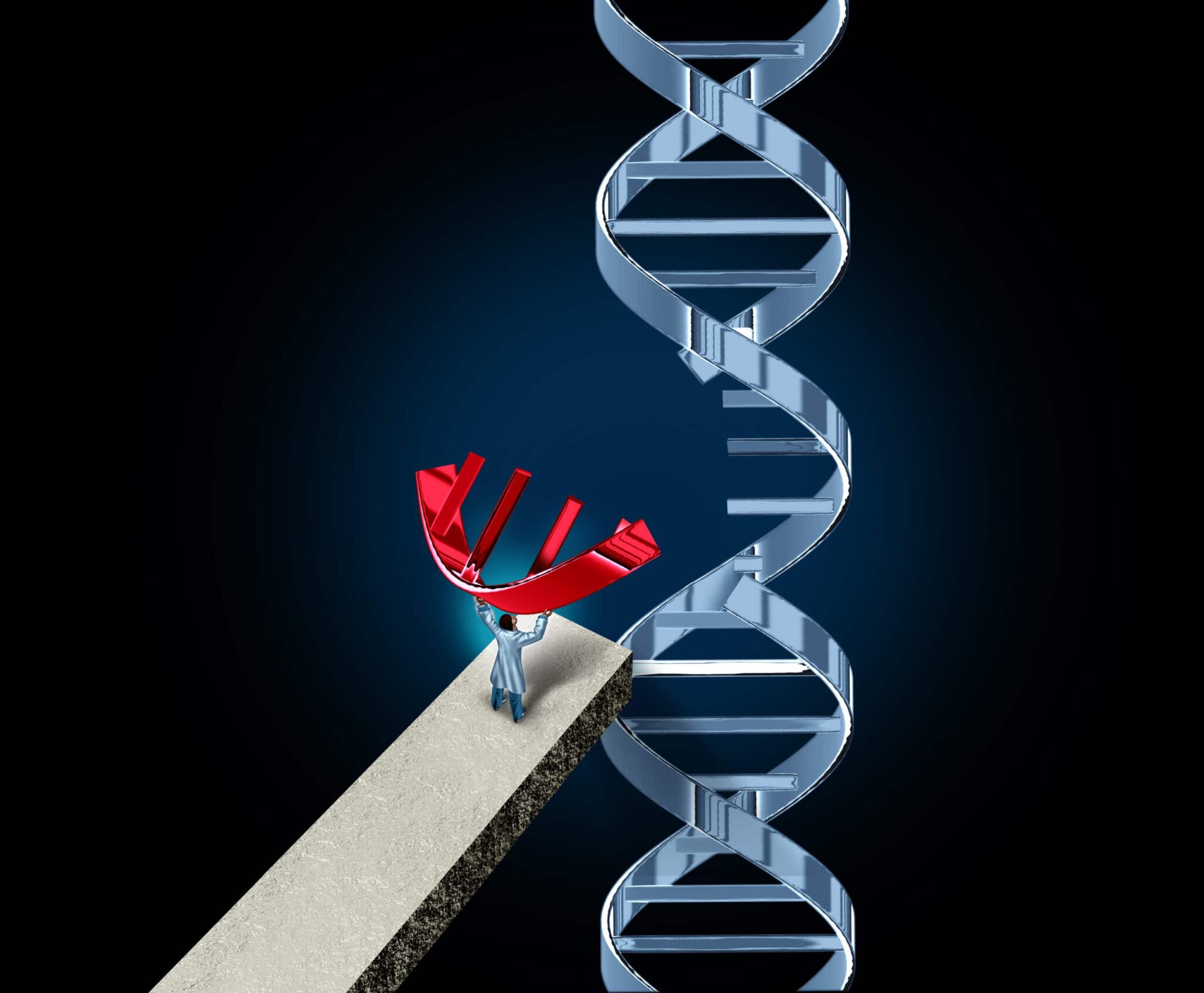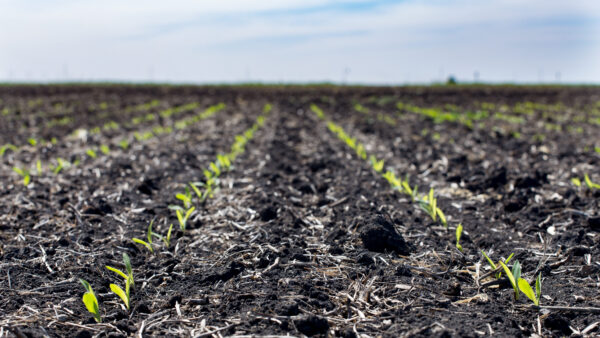Researchers at the Queensland University of Technology (QUT) have developed a banana rich in pro-vitamin A, part of a humanitarian project backed by nearly $10 million from the Bill & Melinda Gates Foundation.
The decade-long research, led by James Dale, QUT distinguished professor, ultimately aims to improve the nutritional content of bananas in Uganda, where the fruit is the major staple food in their diet.
The research, published in Plant Biotechnology Journal, involved extensive laboratory tests as well as field trials in north Queensland. Dale shares that the genetic modification process had resulted in the identification and selection of banana genes that could be used to enhance pro-vitamin A in banana fruit.
“The East African Highland cooking banana is an excellent source of starch,” Dale says. “It is harvested green then chopped and steamed. But it has low levels of micronutrients particularly pro-vitamin A and iron.”
Dale and his team have essentially taken a gene from a banana that originated in Papua New Guinea that’s naturally very high in pro-vitamin A but has small bunches and inserted it into a Cavendish banana.
“Over the years, we’ve been able to develop a banana that has achieved excellent pro-vitamin A levels, hence the golden-orange rather than cream-colored flesh,” Dale says. “Achieving these scientific results along with their publication is a major milestone in our quest to deliver a more nutritional diet to some of the poorest subsistence communities in Africa.
“Our science works, and it’s a technology that was developed here at QUT. We tried and tested hundreds of different genetic variations here in our lab and in field trials in Queensland until we got the best results.
“These elite genes have been sent to Uganda in test tubes where they have been inserted into Ugandan bananas for field trials there.” As a result, it’s expected that Ugandan farmers will be growing pro-vitamin A rich bananas in 2021.












